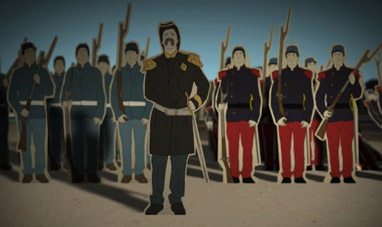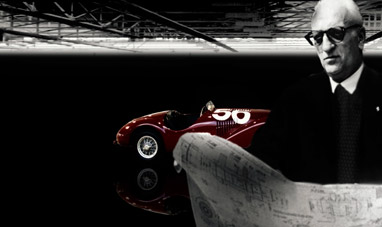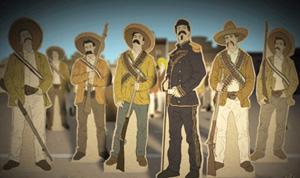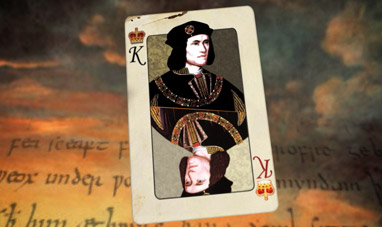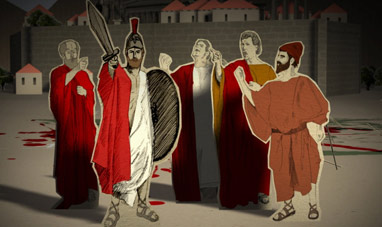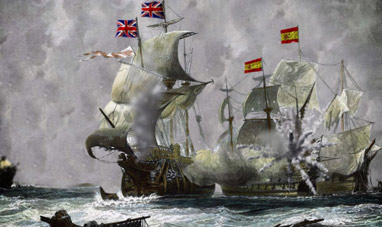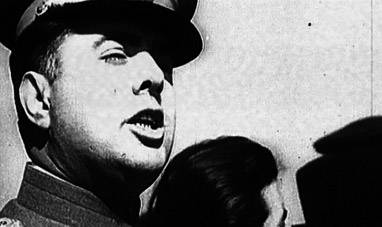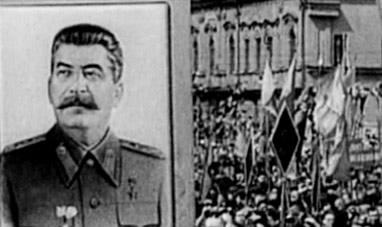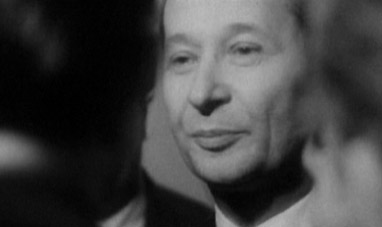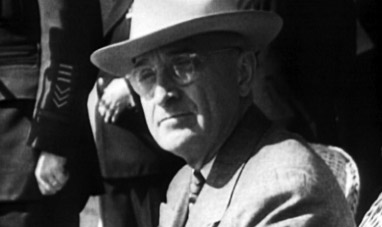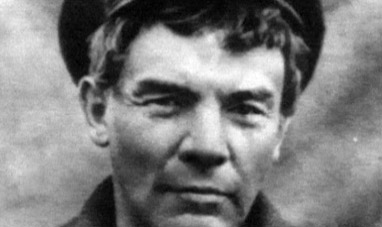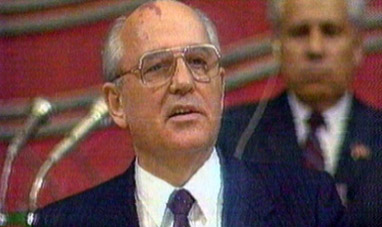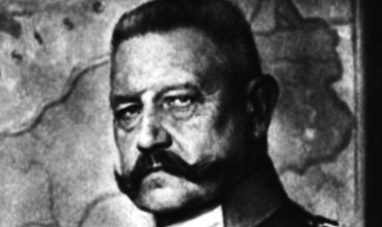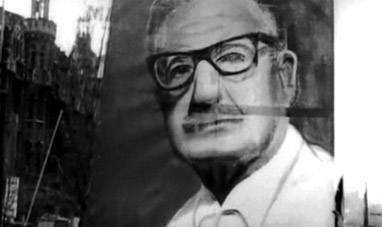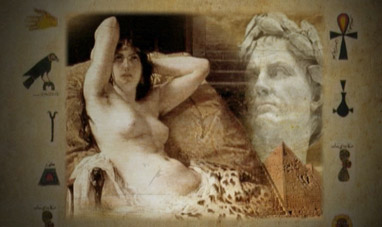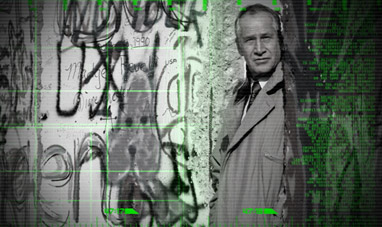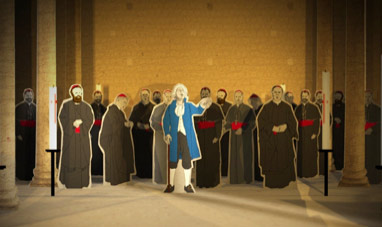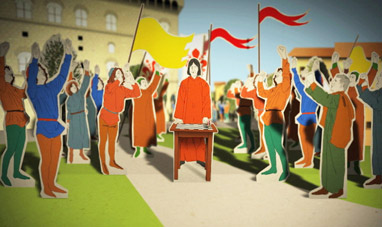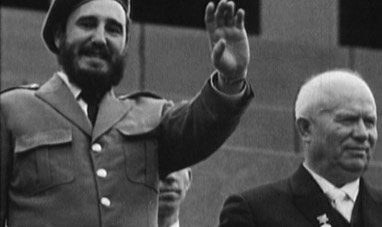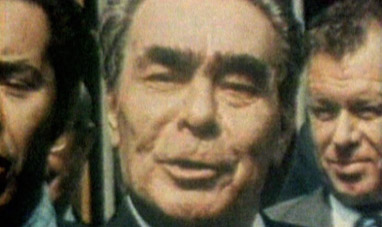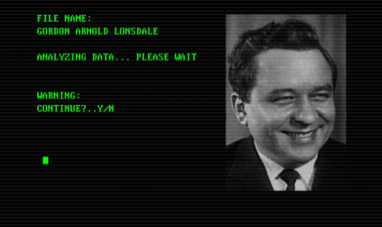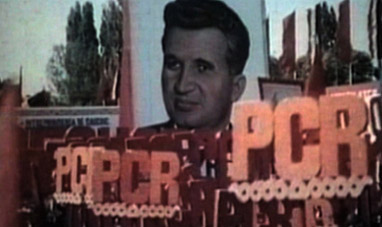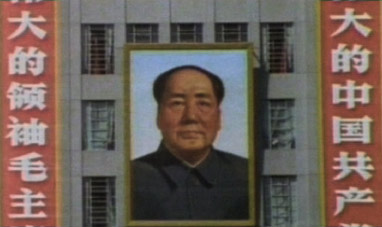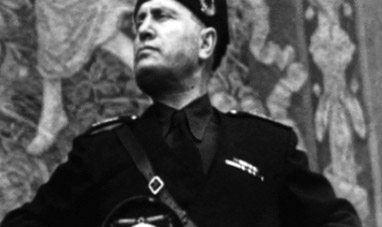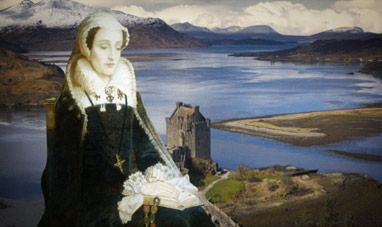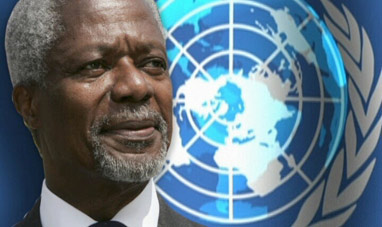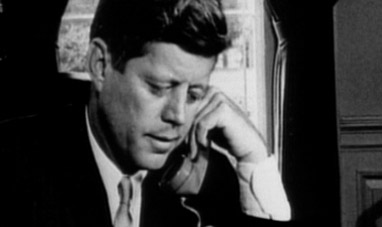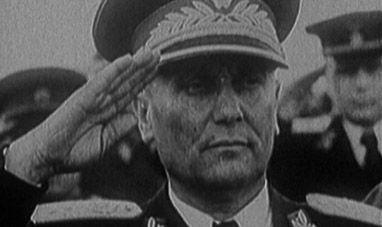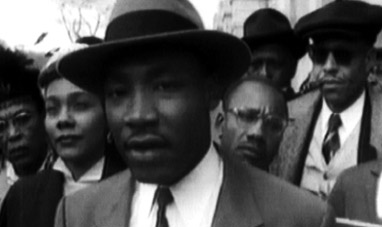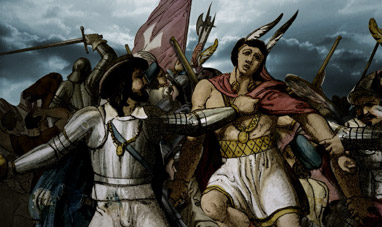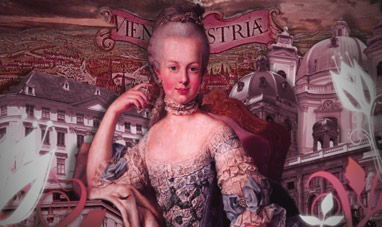Marco Polo was one of the greatest explorers of all time. He was the first Westerner to provide a detailed description of life and customs in ancient China. He was born in Venice on September 15 1254, to a rich merchant family of Dalmatian origins.
His father Nicolò and uncle Matteo traveled extensively in the East. Thanks to their experience, Pope Gregory X named them ambassadors to the Chinese court. In 1271, ready to sail for China, the two men decided to take 17-year-old Marco with them.
They wouldn’t return for 25 years. The Polos crossed Armenia and Persia during their travels. They were among the first Europeans to climb the mountains of Pamir and cross the Gobi desert.
In 1275 the Polos reached Beijing, the capital of China. At the time, the Chinese empire was ruled by the Tartars, a people of Mongol origin. The Mongolian ruler Kublai Khan sat on the Chinese throne.
Khan was fascinated by his foreign guests, and was particularly impressed by Marco Polo’s intelligence: the young Venetian quickly learned the local language and the rites and customs of the Empire. He soon felt perfectly at ease in the Chinese court.
Khan’s admiration was so strong that he named Marco Polo governor of the city of Yangzhou, in Eastern China, and sent him on a diplomatic mission to the southern reaches of the empire. Marco Polo remained in China for 17 years. Only in 1292 would Kublai Khan reluctantly accept to let him leave. Marco Polo returned by sea, following the coasts of Indonesia, Sri Lanka and India, reaching Venice in 1295. He gave his fellow citizens an account of everything he saw during his stay in China. He told of gilded palaces, cities stretching a hundred miles wide, and exotic animals like tigers and rhinos. The tales were so extraordinary that no one believed him.
In 1298, Marco Polo took part in a battle between the forces of Venice and Genoa. He was taken prisoner and spent a year in jail in Genoa. During his imprisonment he dictated his memoirs to his cellmate, Rustichello da Pisa.
His memoirs were later published as a book entitled The Travels of Marco Polo. It was the first European account of a voyage to China. The book was hugely successful, but it was considered a work of fiction.
In 1299, after the war with Genoa was over, Marco Polo was freed and returned to Venice, where he married and had three children.
Paradoxically, after a life of travel and adventure, he died in his own bed in January 1324. He was almost seventy.
It would take a long time before The Travels of Marco Polo was acknowledged as a reliable historical document. Nearly two hundred years later, the book inspired the adventures of another great traveler: Christopher Columbus
His father Nicolò and uncle Matteo traveled extensively in the East. Thanks to their experience, Pope Gregory X named them ambassadors to the Chinese court. In 1271, ready to sail for China, the two men decided to take 17-year-old Marco with them.
They wouldn’t return for 25 years. The Polos crossed Armenia and Persia during their travels. They were among the first Europeans to climb the mountains of Pamir and cross the Gobi desert.
In 1275 the Polos reached Beijing, the capital of China. At the time, the Chinese empire was ruled by the Tartars, a people of Mongol origin. The Mongolian ruler Kublai Khan sat on the Chinese throne.
Khan was fascinated by his foreign guests, and was particularly impressed by Marco Polo’s intelligence: the young Venetian quickly learned the local language and the rites and customs of the Empire. He soon felt perfectly at ease in the Chinese court.
Khan’s admiration was so strong that he named Marco Polo governor of the city of Yangzhou, in Eastern China, and sent him on a diplomatic mission to the southern reaches of the empire. Marco Polo remained in China for 17 years. Only in 1292 would Kublai Khan reluctantly accept to let him leave. Marco Polo returned by sea, following the coasts of Indonesia, Sri Lanka and India, reaching Venice in 1295. He gave his fellow citizens an account of everything he saw during his stay in China. He told of gilded palaces, cities stretching a hundred miles wide, and exotic animals like tigers and rhinos. The tales were so extraordinary that no one believed him.
In 1298, Marco Polo took part in a battle between the forces of Venice and Genoa. He was taken prisoner and spent a year in jail in Genoa. During his imprisonment he dictated his memoirs to his cellmate, Rustichello da Pisa.
His memoirs were later published as a book entitled The Travels of Marco Polo. It was the first European account of a voyage to China. The book was hugely successful, but it was considered a work of fiction.
In 1299, after the war with Genoa was over, Marco Polo was freed and returned to Venice, where he married and had three children.
Paradoxically, after a life of travel and adventure, he died in his own bed in January 1324. He was almost seventy.
It would take a long time before The Travels of Marco Polo was acknowledged as a reliable historical document. Nearly two hundred years later, the book inspired the adventures of another great traveler: Christopher Columbus

